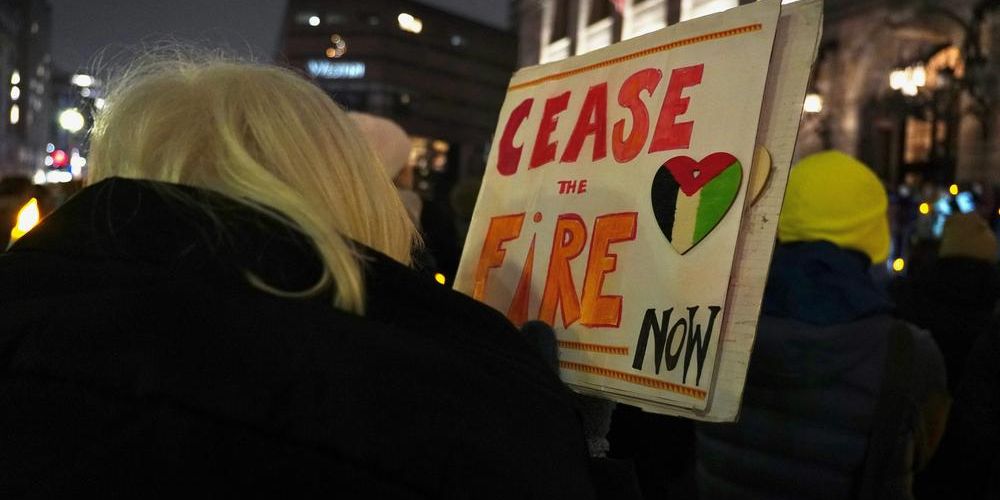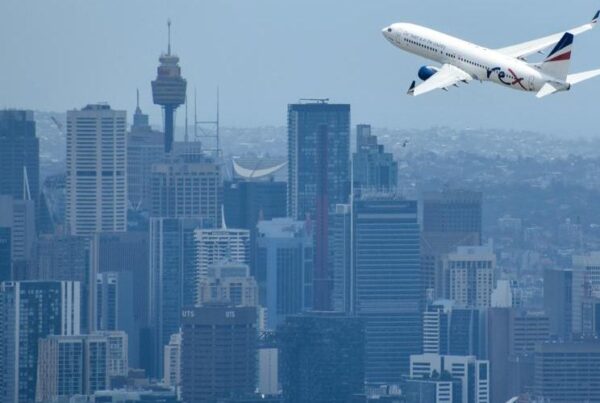Several global airlines had temporarily suspended or reduced flights in the Middle East as the conflict between the two countries raged.
President Donald Trump announced this morning that both countries had agreed to a “complete and total ceasefire”.
In the latest incident before the ceasefire was announced, Iran launched missile attacks on a U.S. base in Qatar, promoting Qatar Airlines to suspend all flights, a decision that was reversed two hours later.
“As operations resume, we anticipate significant delays to our flight schedule,” the airline said in a statement.
“We are working tirelessly with government stakeholders and the relevant authorities to restore operations as quickly as possible.
“We would advise passengers to check qatarairways.com or the Qatar Airways mobile application ahead of travel.”
Two Virgin Australia flights were impacted by the temporary closure of airspace over Qatar. Planes were diverted to Bengaluru and Muscat with both landing safely.
A Qantas flight from Perth to Paris also turned back to Perth, while the airline’s Perth-London diverted to Singapore.
“We continue to monitor airspace availability closely and will alter our schedule as required,” a spokesperson for the Flying Kangaroo said.
Emirates said it had been forced to reroute some flights while Singapore Airlines confirmed it had cancelled several flights to Dubai. Both airlines advised customers to check flight status before proceeding to the airport.
As a knock-on effect of the disruption, travel insurance is expected to become more expensive for Aussies with connecting flights in the region.
“Travel insurance companies base their premiums on the risk of your trip and a higher Smartraveller alert level is a good indicator of an increase in risk,” said Tim Bennett, an insurance expert at Finder, in an interview with news.com.au
Amid all the confusion came a message that Aussie travellers shouldn’t “panic or cancel unnecessarily”.
“Australians flying to Europe via the Middle East should be prepared for some delays, but it’s important to know that global airlines have systems in place to manage these disruptions,” said Dean Long, CEO of the Australian Travel Industry Association.
“We’ve seen this before and the travel ecosystem is built to respond.
“Airlines have been rerouting around Russia and Ukraine for more than two years and are now adjusting again. The airlines that fly to Australia have world-leading safety protocols and route management.
“The one thing we learned through COVID is don’t cancel, as it reduces the number of rights you have. Let the airline make that decision. This approach ensures your rights are protected and you get the support you need.”









